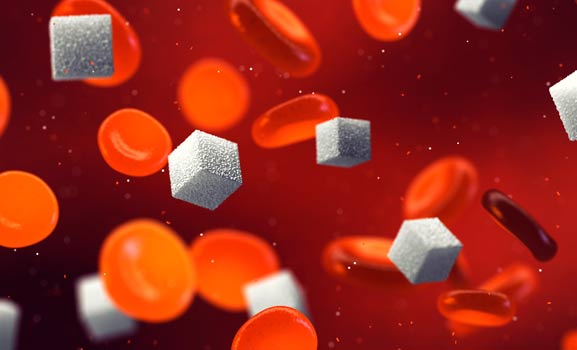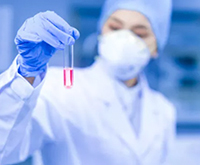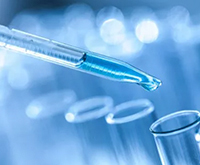Glucose Metabolism
Glucose metabolism refers to the process by which glucose is absorbed and utilized by the human body. Glucose produced by enzymatic hydrolysis of carbohydrates in the digestive system will form blood sugar after entering the blood circulation. Abnormal glucose metabolism indicates that fasting blood glucose and increased blood glucose two hours after a meal differs from ordinary people. Fasting blood glucose exceeds 7.0 millimoles per liter, and it can exceed 11.1 millimoles per liter two hours after a meal. In this case, diabetes can be diagnosed.
Early symptoms of diabetes are not obvious, so patients need to go to the hospital for intravenous blood glucose. For diagnosis, early detection, and early treatment, you can stay away from the occurrence of diabetic complications.

Glucose Metabolism Product
C-Peptide
| Antibody | Application |
| Mouse Anti-human C-Peptide mAb | For immunodiagnostic: ELISA, LFA, CLIA |
Glucose Metabolism Intro
Glucose is the transport form of sugar in the blood and occupies a significant position in the body's glucose metabolism; glycogen is a polymer of glucose, including liver glycogen, muscle glycogen, and kidney glycogen, which is the storage form of sugar in the body. Both glucose and glycogen are oxidized in the body to provide energy. Sugar in food is the primary source of sugar in the body. After being ingested by the human body, it is digested into monosaccharides, absorbed, and then transported to various tissue cells through the blood for anabolism and catabolism. The main metabolic pathways of sugar in the body include anaerobic glycolysis of glucose, aerobic oxidation, pentose phosphate pathway, uronic acid pathway, polyol pathway, glycogen synthesis and glycogenolysis, gluconeogenesis and another hexose metabolism, etc.
- Cardiac Markers
-
Tumor Marker
-
PGII
-
G17
- CA50
-
CA125
- CA242
-
CA15-3
- CA19-9
- CA72-4
-
Pepsinogens I (PGI)
-
Human Epididymis 4 (HE4)
- Prostate-Specific Antigen (PSA)
- Squamous Cell Carcinoma (SCC)
- Neuron-Specific Enolase (NSE)
- Cytokeratin 19 Fragment (CYFRA21-1)
- Human Progastrin-releasing Peptide (ProGRP Tumor Marker)
- Protein Induced by Vitamin K Absence or Antagonist-II (PIVKA II Tumor Marker)
- Alpha-fetoprotein(AFP)
-
CEA
-
Human Chitinase 3-like 1
-
PGII
- Inflammatory Marker
- Infectious Disease
- Hormones
- Thyroid Function
- Glucose Metabolism
- Bone Marker
- Others
-
Heterophilic Blocking Reagent
- Animal Diagnostics


















